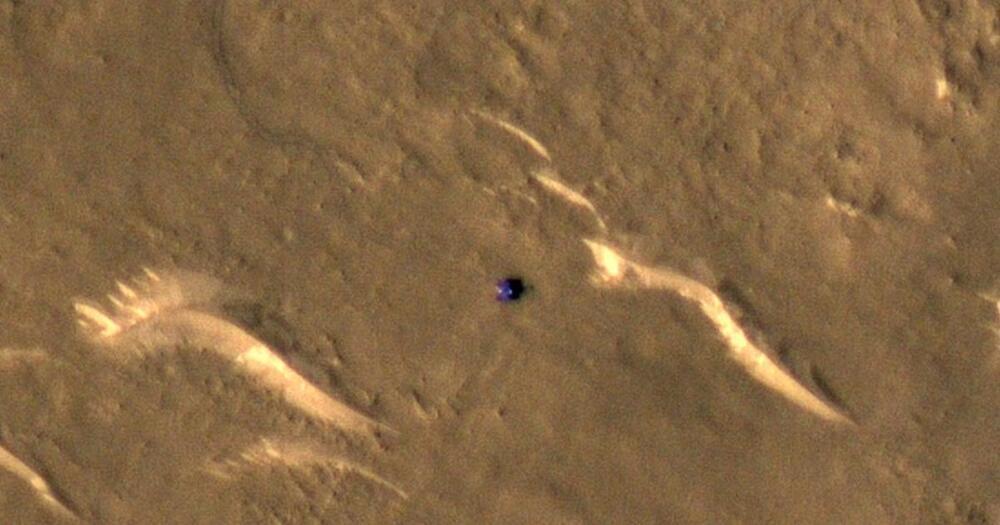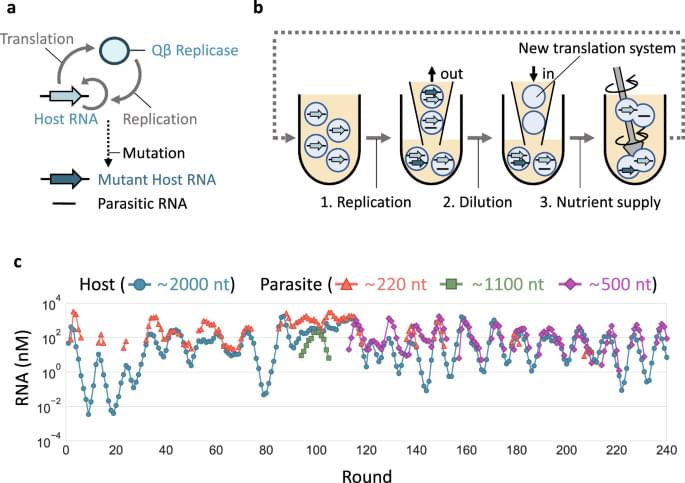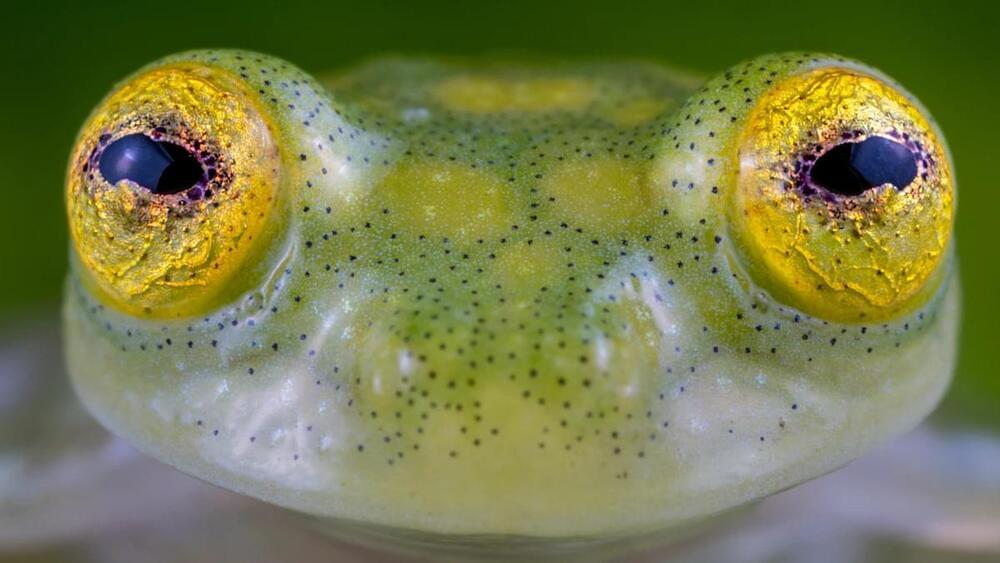TL;DR: VirusTotal’s browser extension can now automatically identify IoCs in any website and enrich them with superior context from our crowdsourced threat intelligence corpus, in a single pane of glass fashion. Install in Chrome | Install in Firefox | Read the docs. Please provide feedback.
Don’t feel like reading? Check out a demo video showcasing how VirusTotal’s browser extension is now able to contextualize alerts from your SIEM.
12 years ago I wrote the very first version of the VirusTotal browser extension, now called VT4Browsers. A lot has changed since then, among other things, much smarter colleagues (Ana Tinoco and Camilo Benito) took on the development and kept improving it, including this major release.






